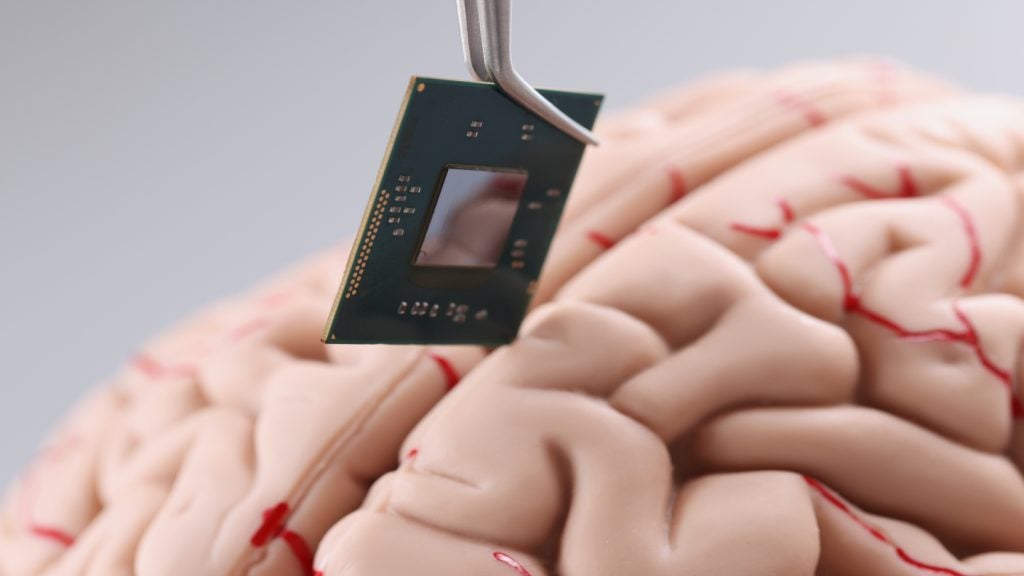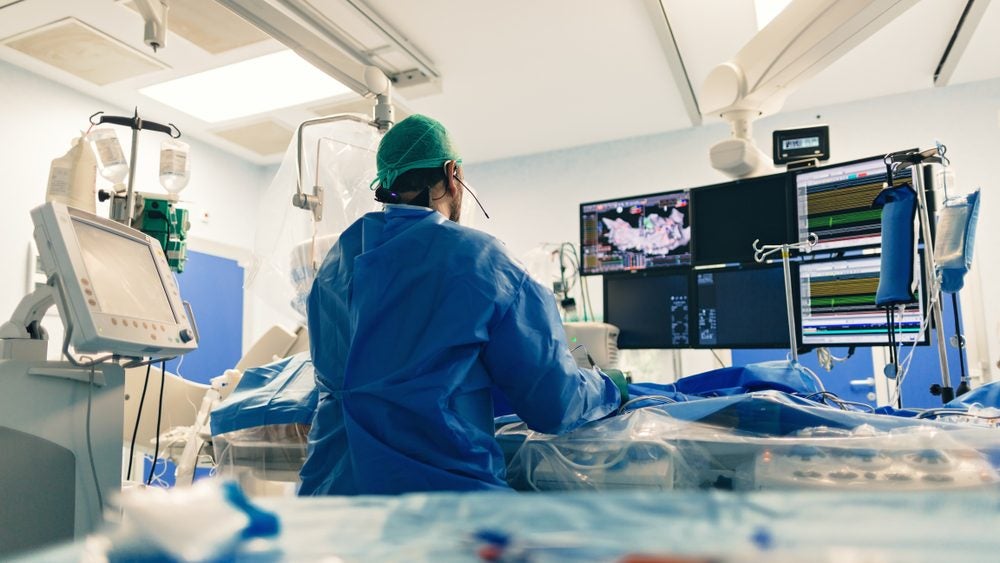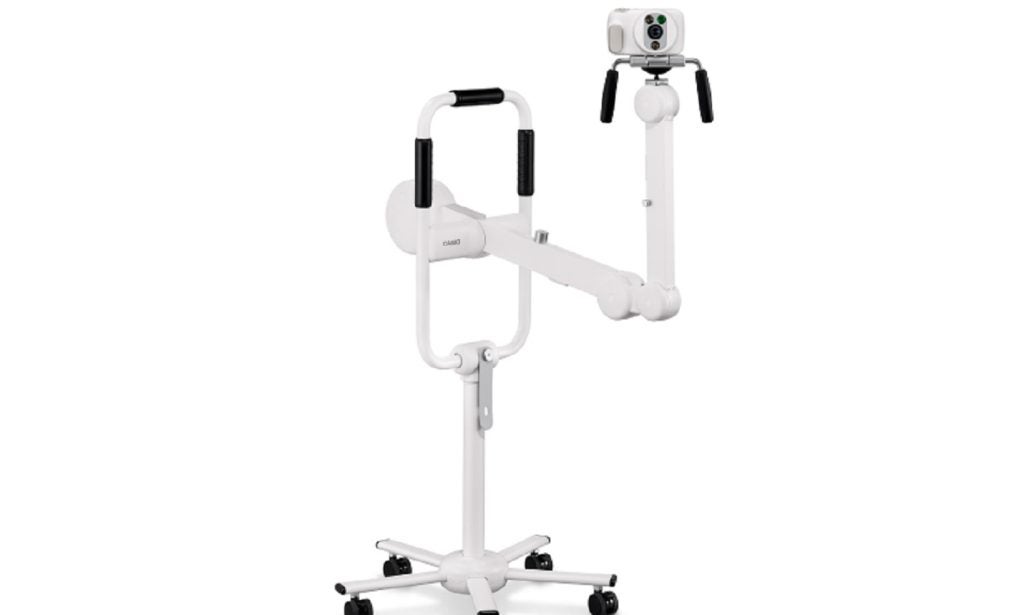Microsoft Research and data-driven diagnostics company Cyted have collaborated on creating novel AI models to improve the early detection of oesophagal cancer.
The AI-supported methods have demonstrated diagnostic performance on par with the current manual workflow, potentially reducing up to 63% of pathologists' workloads.
Cyted has developed a capsule sponge device, called EndoSign, for large-scale screening of Barrett's esophagus (BE). This device is less invasive and more cost effective than traditional endoscopy.
The collected cells are processed and scanned for digital analysis, but the vast size of the digitised slides has made manual review by pathologists a time-consuming task.
The collaboration between Microsoft Research and Cyted has resulted in building AI models capable of efficiently checking slides for goblet cells, which are indicative of BE when present in the oesophagus.
Their joint effort has led to a Nature Communications paper with the title ‘Enabling large-scale screening of Barrett’s oesophagus using weakly supervised deep learning in histopathology', detailing the use of transformer-based multiple instance learning for screening BE.
The paper introduces two major innovations, the first being the AI models that can be built from pathologists' findings without the need for detailed pixel-level annotations.
The second innovation is that the AI models can detect goblet cells with high accuracy using only H&E [haematoxylin and eosin] slides, suggesting that specialised staining could be skipped, thereby saving time and resources.
Cyted CEO Marcel Gehrung said: “This represents a significant step in our fight against oesophagal cancer, offering the potential to save countless lives through early detection with our minimally invasive capsule sponge technology.
“Our collaboration with Microsoft Research has been instrumental in pushing the boundaries of what’s possible in medical imaging and screening technologies, creating optimal efficiencies from start to finish of the testing process.”
By sharing their work, Microsoft Research and Cyted aim to enhance BE and oesophagal cancer detection and empower global researchers and clinicians to leverage this technology in the fight against various cancer types.
Last month, Cyted gained 510(k) clearance from the US Food and Drug Administration for its EndoSign non-endoscopic diagnostic test.
















